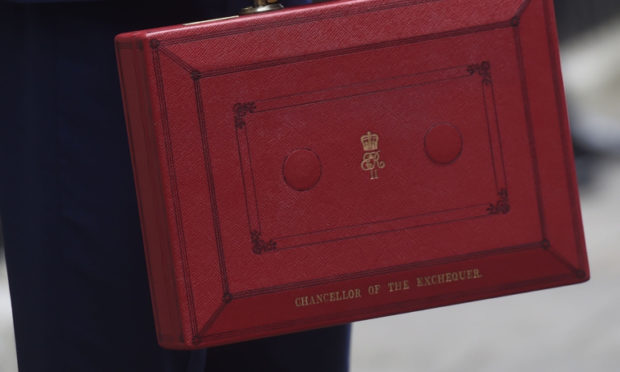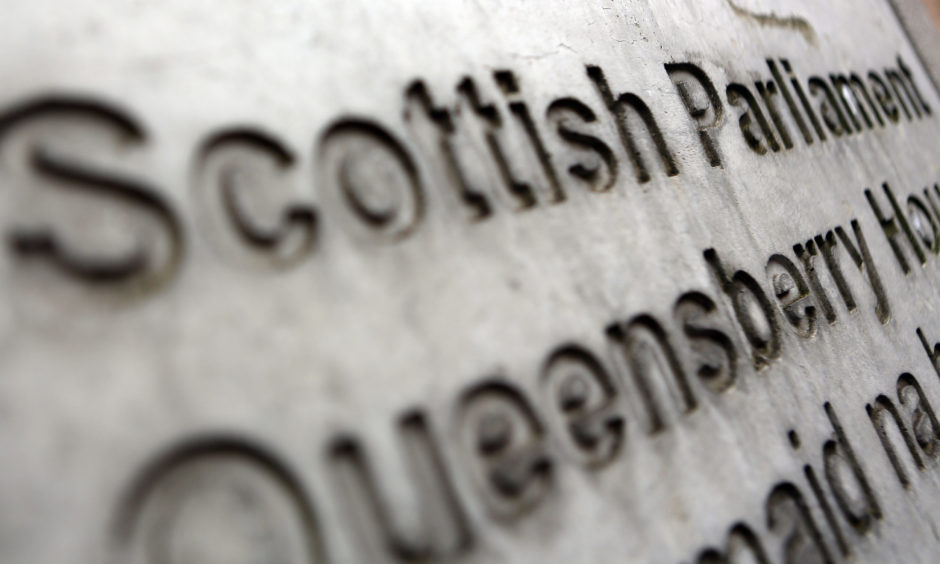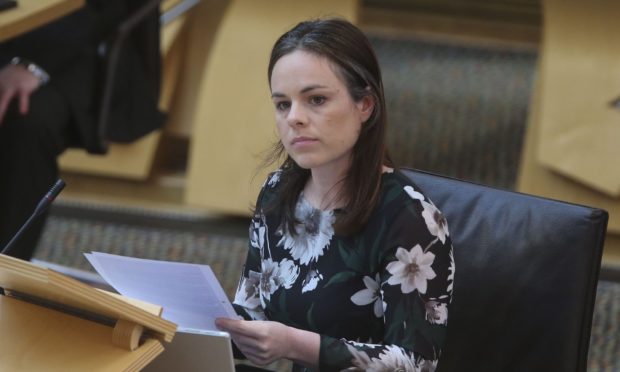Coming amidst an unprecedented global pandemic, the forthcoming Scottish budget will be one of the most important since devolution.
It is my task to prioritise our resources as effectively as possible to power the country’s economic recovery from coronavirus (Covid-19) while also managing the evolving impact of the virus in areas such as health, where money will be needed for ongoing testing, protective equipment and, hopefully, a vaccination programme.
And with a legal obligation not to run a deficit, I must ensure the books balance.
Normally, we would be expecting the 2021/22 budget to be introduced to the Scottish Parliament in the coming weeks.
But my task has been made immeasurably more difficult, and the timing vastly more uncertain, by the UK Government’s announcement that it will delay its autumn budget to an as yet unspecified date next year.
Primary source of income
The Scottish Government’s primary source of income, by virtue of the current devolution settlement, is the UK Government’s budget.
Without the UK budget’s confirmation of tax and spending policy, the Scottish budget, on which vital public services depend, will need to be based on provisional and partial figures.
That is no way to set a country’s national budget, and opens it to increased risk.

We had to deal with a similar situation earlier this year, when the UK budget was not set until March.
This was deeply problematic for our budget-setting process and the subsequent parliamentary scrutiny – a fact accepted by most other parties. But the situation we face now is far worse.
Last year setting our spending ahead of the UK budget ran the risk of variations totalling millions of pounds.
A lifeline
Next year, because of the financial volatility surrounding Covid-19, the possibility that the UK Government will make significant tax changes to stimulate the economy and the uncertain outlook following the end of the Brexit transition period on December 31, the risks are considerably greater, potentially into billions of pounds.
For example, our decision to provide 100% rates relief for the retail, hospitality and leisure sectors in 2020/21 has been a lifeline to thousands of businesses during the pandemic and we are being urged to extend it.
This initiative alone has cost around £900 million and, given the limited fiscal powers available to the Scottish Government, our ability to continue offering relief next year is contingent on the UK budget extending the equivalent policy in England and generating consequential funding.

Should the UK Government bring forward such an extension, I am committed to creating a tailored package of business support measures, including rates relief, that best meets Scotland’s needs.
But until it does, my options to support businesses are severely limited by the financial restrictions of devolution.
These limits are imposed on the Scottish budget, despite cross-party calls for the UK Government to grant us minor flexibilities to help us manage risk.
The chancellor’s announcement this week that a UK single-year spending review will be published on November 25 may provide some clarity, but it isn’t a substitute for a budget and we will still lack much of the information we need.
For instance, there will be no hint of the UK Government’s tax plans ahead of their delayed budget in the new year.
Certainty badly required
It is unacceptable that taxpayers and citizens in Scotland are facing increased and additional uncertainty because our multibillion-pound budget, on which Scottish communities, public services and businesses rely, is so contingent on the UK Government, especially at a time when certainty is badly required.
That is why I am continuing to urge the chancellor to grant the Scottish Government temporary flexibility to borrow money and to switch funds from our capital budget to day-to-day spending.
This would enable us to respond quickly to emerging needs rather than having to wait repeatedly for financial decisions to be made at Westminster.
Unfortunately our calls – which are echoed by the other devolved administrations – continue to be rejected.
